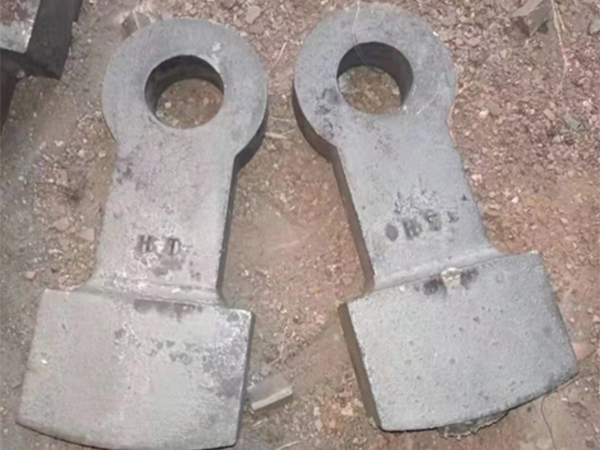

Zircon sand, while more expensive than other types, is often utilized for high-precision casting applications that demand exceptional surface finish and dimensional accuracy. Its unique properties include low thermal expansion, high refractoriness, and excellent resistance to metal penetration. Zircon sand is commonly employed in the production of intricate components in industries such as aerospace and automotive, where exacting standards and precision are paramount. Each type of foundry sand brings specific advantages and limitations to the table, influencing the production process and the final product quality. Choosing the right sand type is critical for achieving the desired characteristics in cast products, as well as for optimizing overall foundry efficiency. Foundries must consider factors such as the metal type being cast, the complexity and size of the casting, and the environmental and health implications of the sand used. In conclusion, the selection of foundry sand is not merely a logistical decision but a strategic one that affects product quality, operational efficiency, and worker safety. By understanding the unique properties and applications of silica, chromite, olivine, and zircon sands, foundry professionals can make informed decisions that enhance their processes and contribute to the production of superior cast products. As the industry continues to evolve, staying informed about advancements in sand technology and best practices will be key to maintaining a competitive edge and ensuring sustainable operations. Post time:ก.พ. . 05, 2025 04:20
Next:foundry sand for sale
